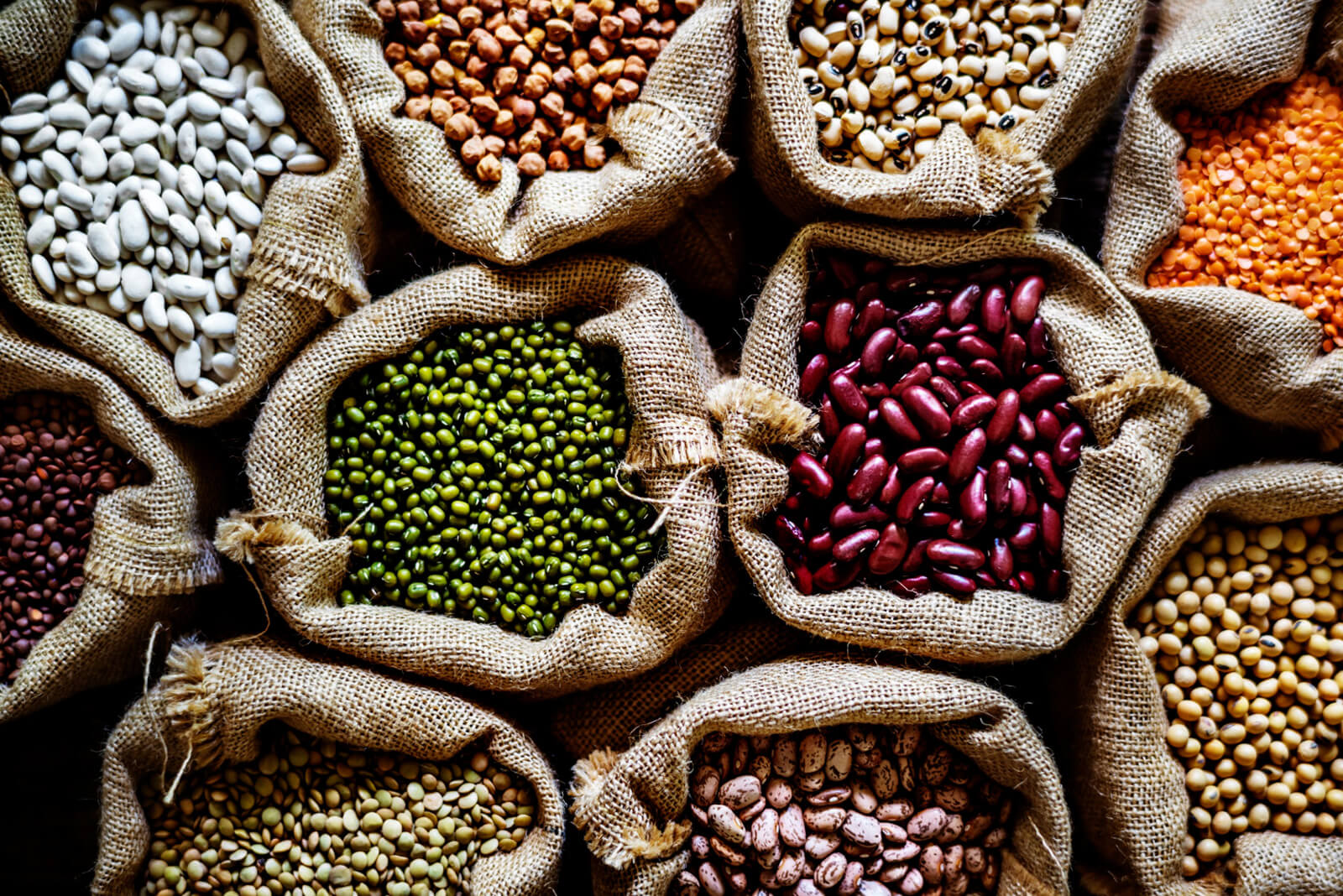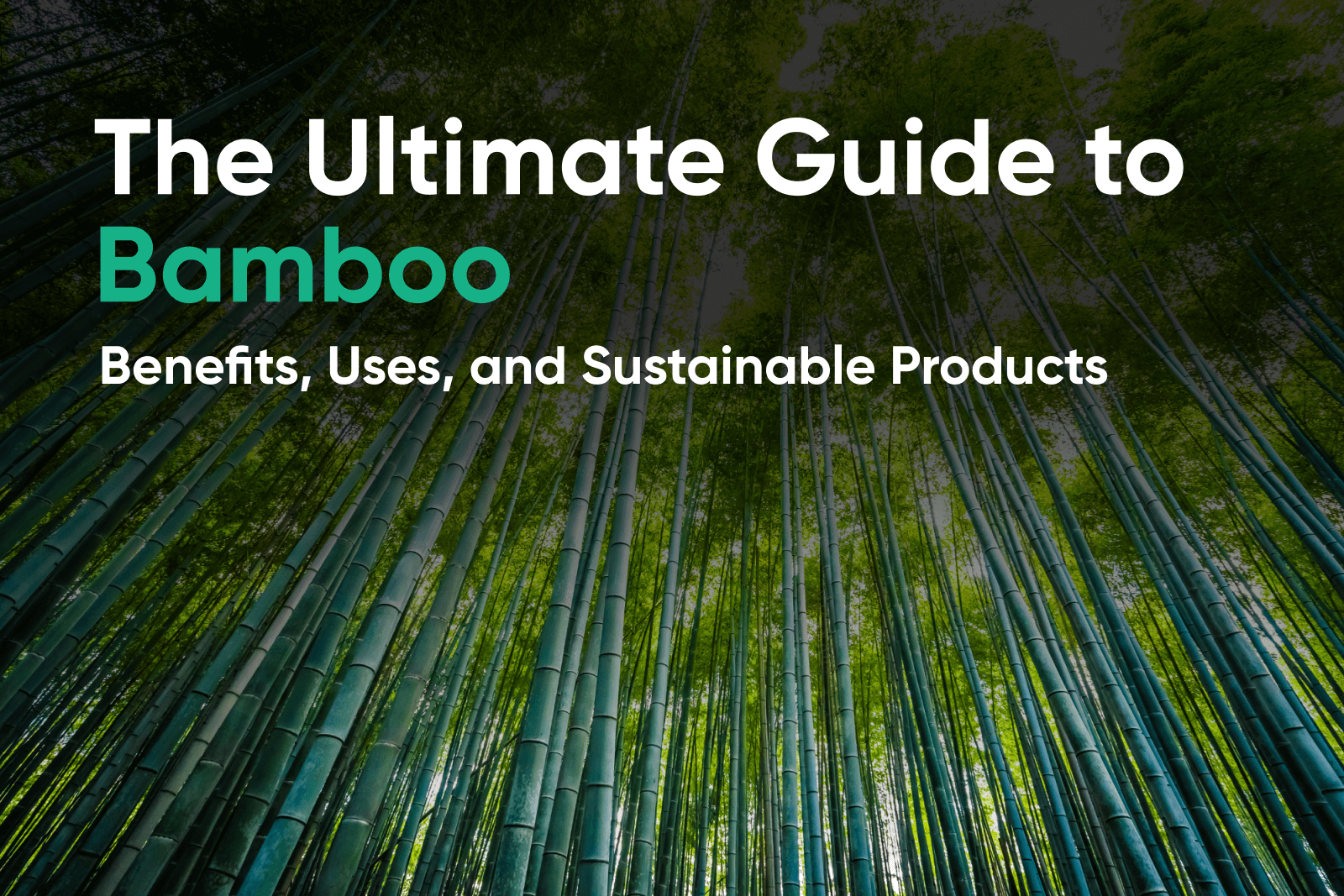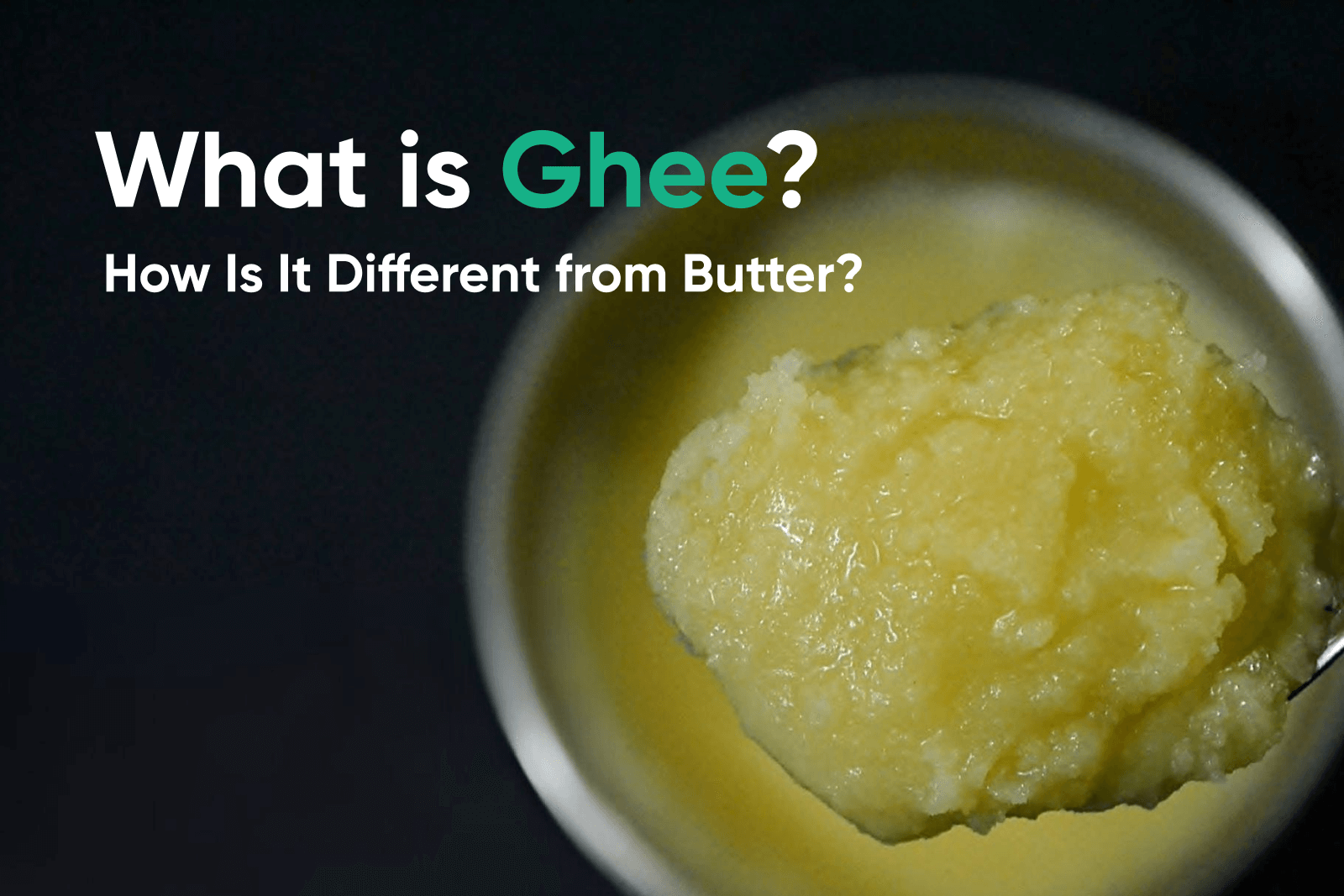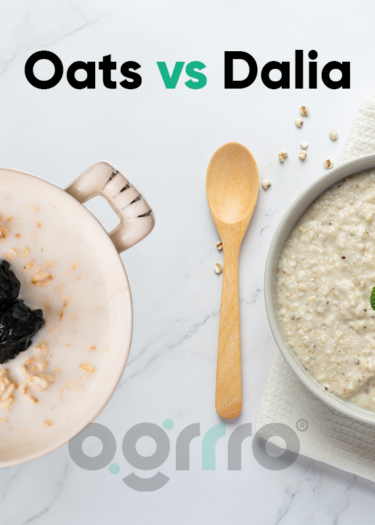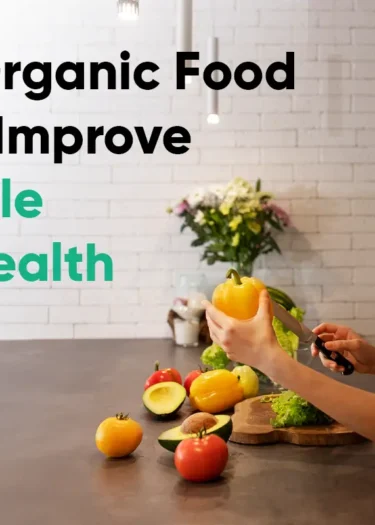“If we are looking to feed the world for the next 50 years, conventional can do it. But if we are looking at feeding the world for the next 1500 years, we must switch over to organic.” – Mark Smallwood
Organic farming has taken an exponential boost over the last few years. The most common reasons we can attribute to this phenomenon are the benefits to health and the environment. Before we dive into the benefits, let’s take a quick stroll through organic food.
What is Organic Food?
Organic food refers to food products that are grown and processed naturally i.e. without the use of any chemicals. This means organic food production doesn’t allow the use of chemical pesticides, fertilizers, or preservatives.
The choice of consuming organic foods is a growing trend. This blog defines the top and the most accurate health benefits and environmental benefits of organic foods. Keep reading!

Health Benefits of Organic Food
- Organic foods contribute to increased intake of antioxidants which help in the prevention of vision problems, heart diseases, cancer, cognitive malfunction, and premature aging.
- Certain pesticides may cause health abnormalities in humans. Since organic foods are free from chemicals and pesticides, they offer better and healthy living especially for children by protecting them against developmental disorders such as autism, ADHD.
- Organic foods contain a higher amount of vitamins and minerals that help in strengthening the human immune system.
- Organic foods are highly nutritional as compared to conventional products. It is because these do not contain modified ingredients, and are grown in the nest natural conditions.
- Consumption of organic food guaranteed lower chances of food-borne diseases.
Also read about: Organic vs Inorganic.
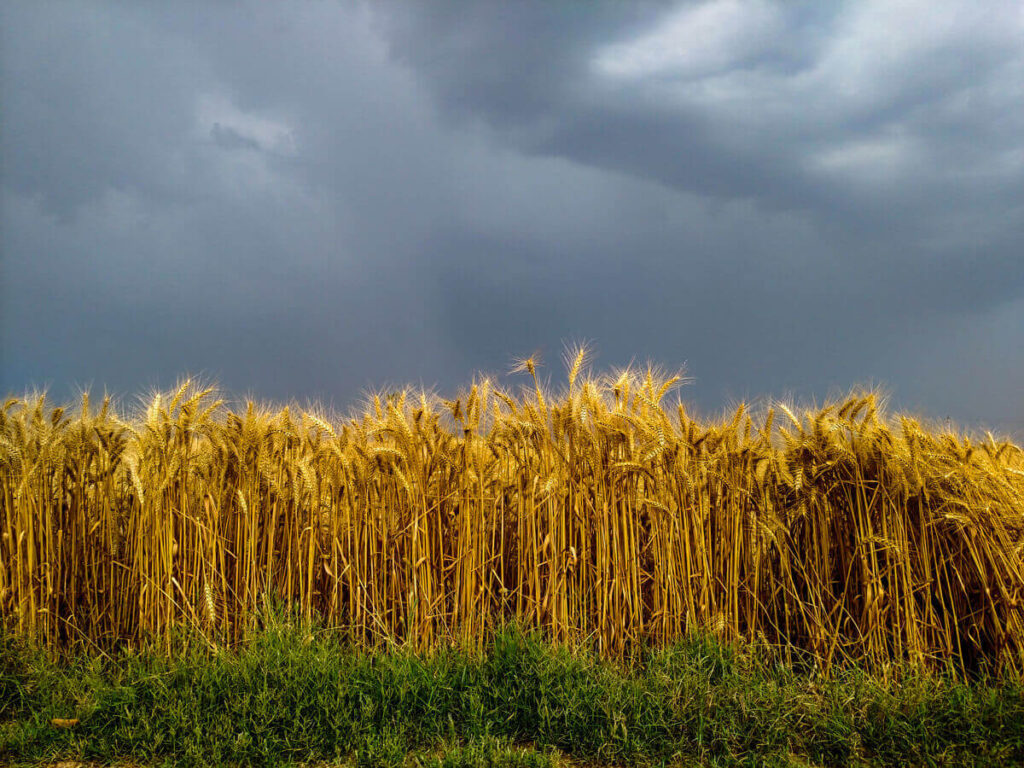
Environmental Benefits of Organic Food
- Organic farming contributes to energy conservation. How? It is because manufacturing chemical fertilizers consumes a significant amount of energy. And organic farming does not rely on chemical fertilizers, these save up to74% of energy.
- The production of organic foods reduces nitrogen runoff-induced pollution. Nitrogen is a key ingredient in fertilizer manufacturing and about 2/3 of this nitrogen lands up in water bodies. The nitro release pollutes the water bodies and disturbs the marine environment. Since organic farming doesn’t use chemical fertilizers, there is no nitrogen runoff to the rivers.
- It facilitates healthy soil formation. It is because organic farming doesn’t rely on chemical fertilizers and pesticides. Therefore, the soil remains unaffected by their harmful effects and retains its natural ability to thrive sustainably.
- Organic farming combats the effects of global warming. Isn’t it obvious? Organic farming is natural farming that doesn’t use chemicals. This is what saves the environment from certain pollutants that tend to raise the temperatures.
We become what we ingest. By now, it must be clear that organic foods hold certain benefits that guarantee a better and healthy life. Not only do these foods have a positive impact on human health but also on the environment. Do you consume organic foods? Would you like to switch to organic? Let us know on our social media.
Also read about: Why Should We Focus More on Organic Farming?
